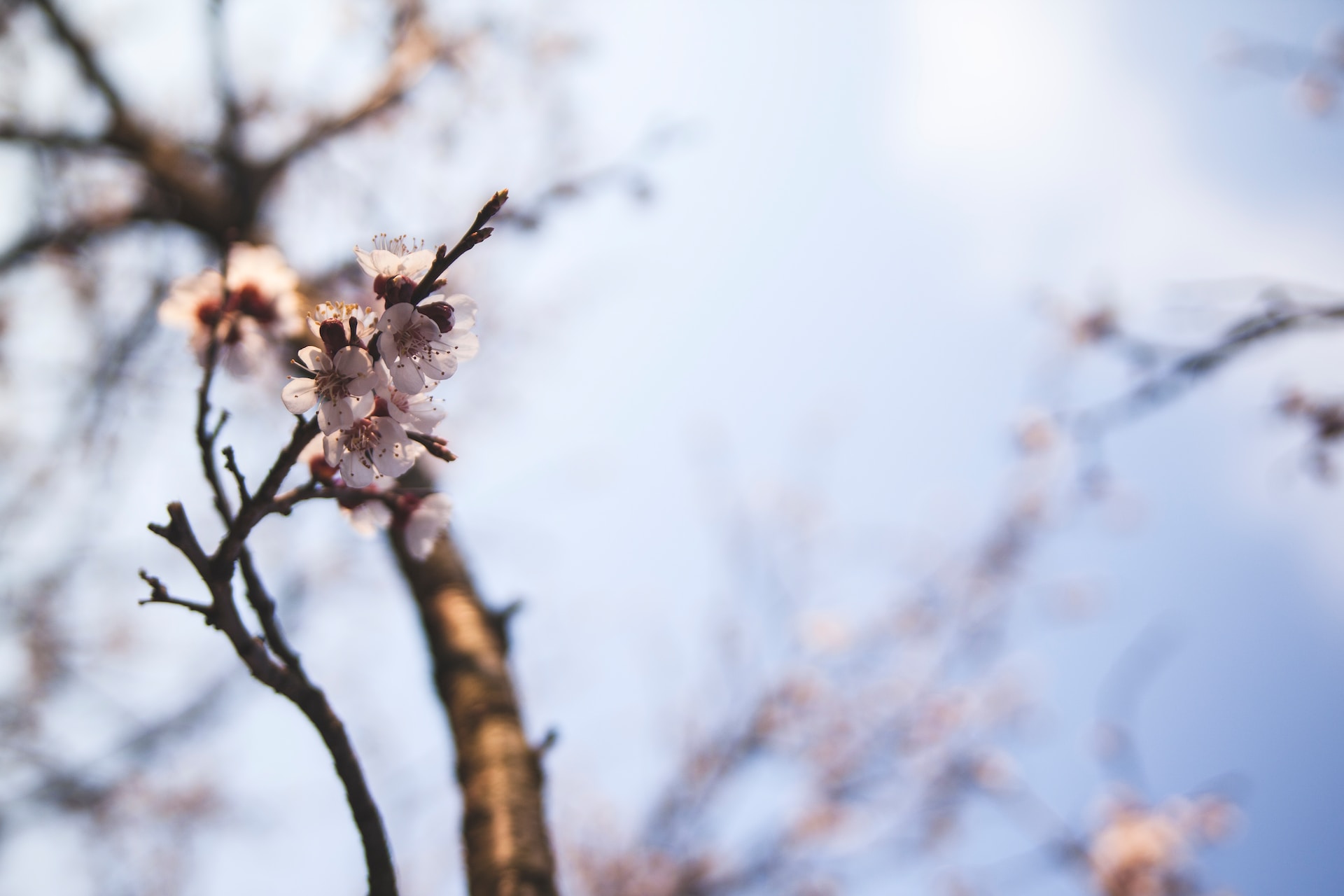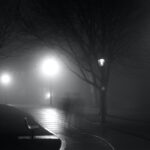by Nicole Yurcaba

The North Dakota State University Introduction to Publishing Class has a unique tradition: they produce fine hand-lettered press chapbooks. The publishing class of fall 2022 beautifully produced Brett Salsbury’s Surrender Dorothy, winner of the 2022 Poetry of the Plains and Prairies Award. Yes, Salsbury’s book is a work of art one can hold in their hands. However, the environmental and social issues it addresses using imagery from the plains and prairies make it a form of rebellion in its own right. Incorporating imagery and characters from The Wizard of Oz, Surrender Dorothy dissects the most minute parts of the plains, prairies, and the self.
“The Prairie Is on Fire” addresses the rising threat posed by the increasing number of wildfires spurred by climate change. Boldly, the speaker acknowledges, “it’s been burning for a long time, it seems: days, weeks, millennia.” The speaker poses an idea that many seem reluctant to pose: “and it’s steadily getting worse / as though no one is responsible / or no one will admit it’s their fault.” However, the poem isn’t just an in-one’s-face address of climate change’s consequences. It also includes some metaphorical advice about maintaining one’s selfhood in the face of adversity: “Destroy things before you rebuild them / Pull weeds from wet ground / before they choke out the real plants.” Part of the poem’s internal power forms in the spacing and indenting accentuating words and lines. While the poem is not overtly experimental in regards to structure and form, these subtle deviations in spacing and tabbing mimic the actions of words like “Pull,” “thriving,” and “weedsprout.”
“Most Sincerely Dead” is another quiet critique of humanity’s contributions to climate change. Its imagery and tone are reminiscent of works like Alison Stine’s dystopian novel Trashlands. The “Trailer full of recycled trash” may very well be a metaphor for an earth riddled with pollution, plastics, and other disposables discarded by the users and makers. The abandonment is evident in “Empty fences / with barbed wire,” but a stronger, philosophical element emerges: “God still here in total stasis.” Nonetheless, the poem’s monumental moment occurs in its final stanza:
I wanted just to get here. I wanted a way for us
to survive. I stayed for a while
but then I fell asleep on the recliner.
I don’t know what else to do.
Like Jared Beloff’s climate-focused poetry collection Who Will Cradle Your Head?, “Most Sincerely Dead” dares to dream of a better future, one with a better outcome for all of humanity. It poignantly captures humanity’s complicity in the unfolding, irreversible disaster and the helplessness of those striving to find solutions.
“Invasive Species” takes another gentle stab at humankind’s intrusiveness in natural environments. Its compact, condensed form and surgical enjambment places emphasis on words like “leaking,” “collect,” and “fire.” Centering the poem is a call for recognition and acknowledgement:
to survive. I am desperate for others to know
each of my names. I need them to know my veins
and arteries. The raid lasts for hours. Cars and chariots
rolling into fire. Unsettled sidewalk retaliating.
Of course, perhaps one cannot–and shouldn’t–ignore the poem in the historical context of the plains and prairies. Statements like “The raid lasts for hours” allude to the many battles between whites and Native Americans which resulted in the illegal confiscation of native lands. The speaker’s pleas “I am desperate for others to know / each of my names” and “I need them to know my veins / and arteries” are a much larger call to action. They can be interpreted as a plea to remember the lands, the cultures, and the peoples white society violently dismantled and forced into assimilation.
Surrender Dorothy is a searing, poignant collection. Its speaker is sincere and passionate, and the current and historical events on which it draws inspiration are made even relevant because of the speaker’s authentic voice and reflections. In it, readers find a powerful survivor and a testament to how place and environment can shape the self.
Nicole Yurcaba (Ukrainian: Нікола Юрцаба–Nikola Yurtsaba) is a Ukrainian (Hutsul/Lemko) American poet and essayist. Her poems and essays have appeared in The Atlanta Review, The Lindenwood Review, Whiskey Island, Raven Chronicles, West Trade Review, Appalachian Heritage, North of Oxford, and many other online and print journals. Nicole teaches poetry workshops for Southern New Hampshire University and is a guest book reviewer for Sage Cigarettes, Tupelo Quarterly, Colorado Review, and The Southern Review of Books.



Add your first comment to this post